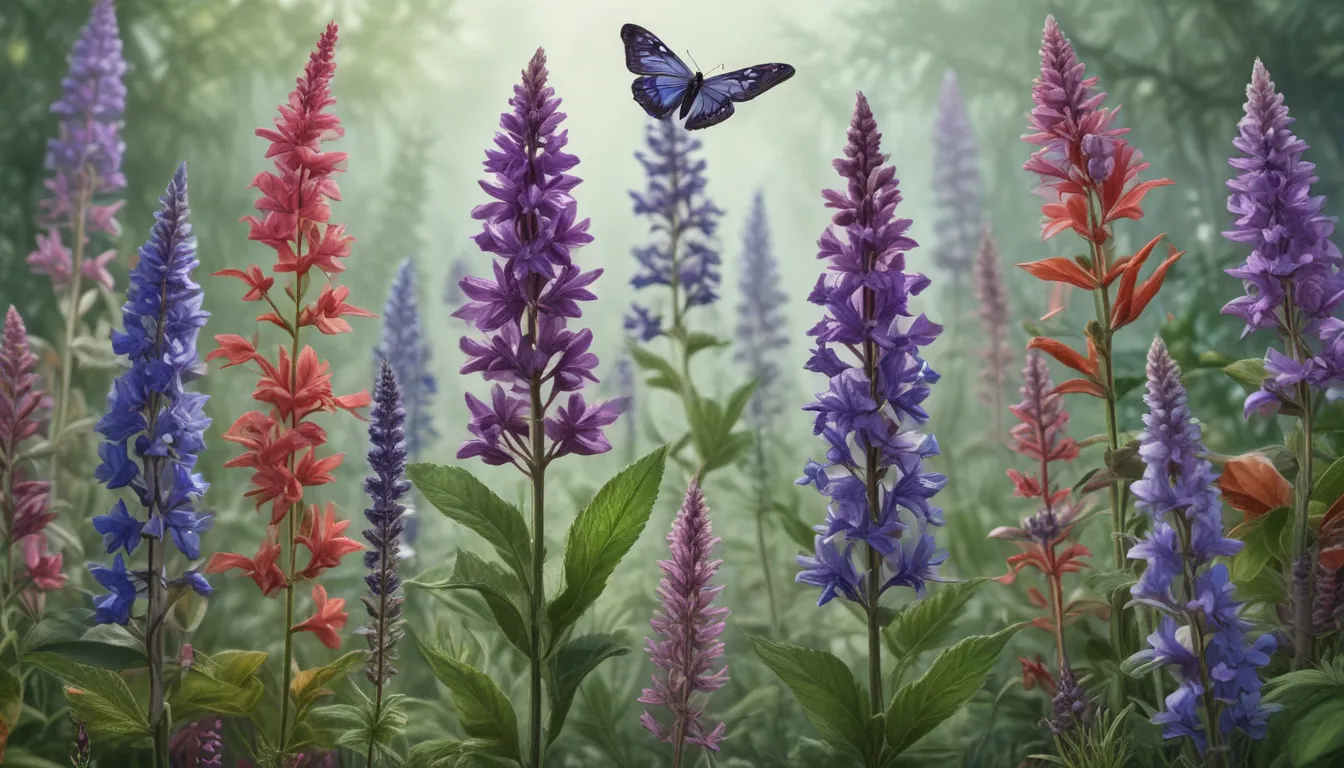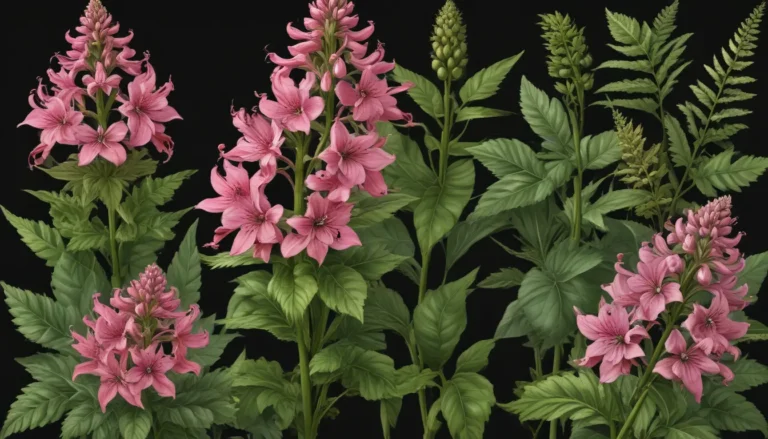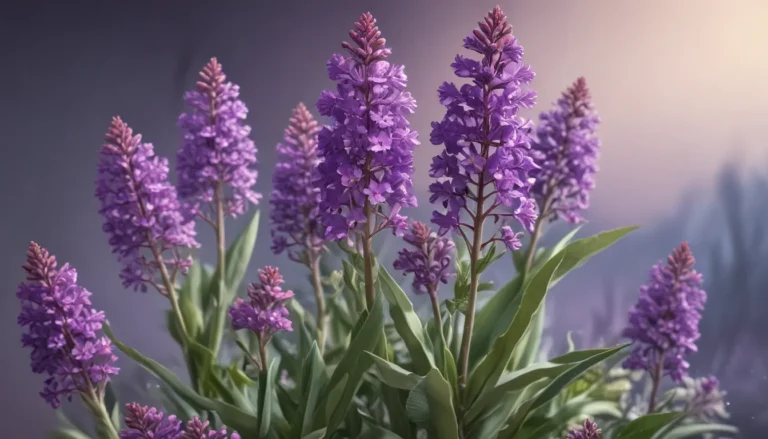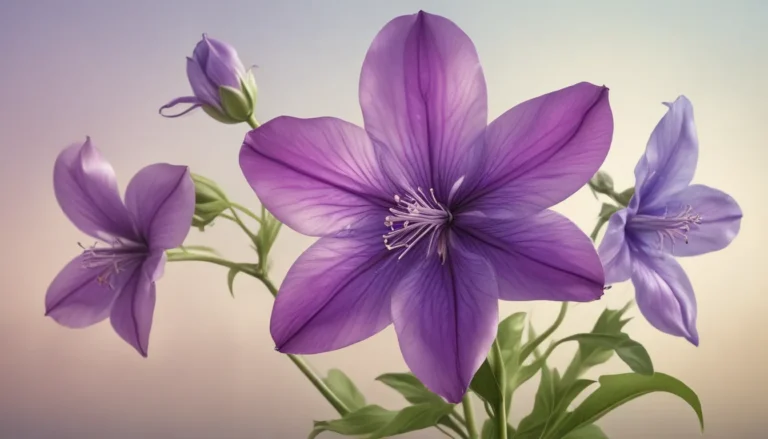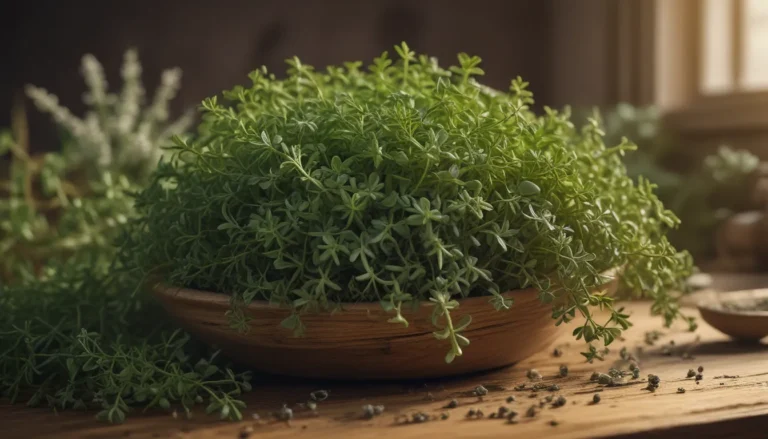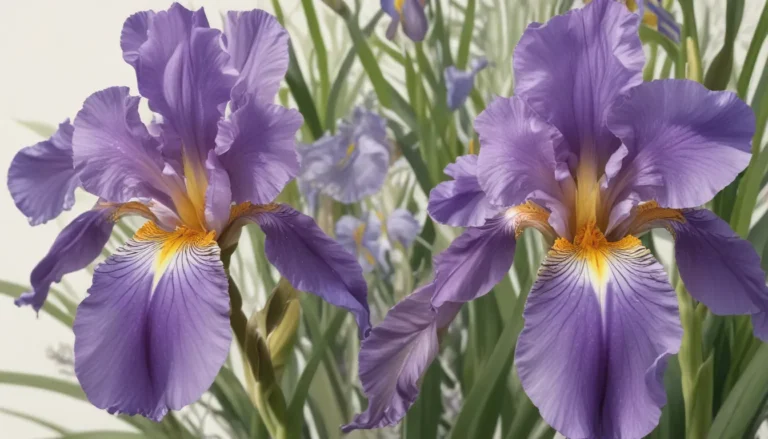The pictures we use in our articles might not show exactly what the words say. We choose these pictures to make you interested in reading more. The pictures work together with the words but don’t take their place. The words still tell you the important facts.
Salvia, also commonly known as sage, is a plant with a rich history and remarkable properties that have fascinated individuals for centuries. From its origins in the Mediterranean region to its widespread cultivation around the world, salvia continues to surprise and inspire botanists, herbalists, and nature enthusiasts alike. In this article, we will delve into 14 astounding facts about salvia that will deepen your appreciation for this extraordinary plant. Let's explore the wonders of salvia together!
The Healing Origins of Salvia
Salvia derives its name from the Latin word "salvere", which means "to feel well" or "to heal". This name perfectly encapsulates the healing properties associated with this plant. Salvia has a long history of medicinal use, with various cultures utilizing it to treat digestive issues, sore throats, and even depression. Its ability to promote healing and well-being has made salvia a treasured plant throughout history.
The Diverse World of Salvia Species
With over 900 different species of salvia found across the globe, this plant boasts an incredible diversity. Each species of salvia comes with its own unique characteristics, making it a versatile and valuable addition to any garden. From its vibrant flowers that attract pollinators to its antioxidant properties, salvia offers a range of benefits that cater to different needs and preferences.
The Enigmatic Salvia Divinorum
One of the most intriguing species of salvia is Salvia divinorum, known for its powerful hallucinogenic effects. Native to Mexico, this plant is famous for inducing intense hallucinations and altered states of consciousness when consumed. Its psychoactive properties have captured the interest of many individuals looking to explore the mystical side of salvia.
The Culinary Delight of Salvia Officinalis
Salvia officinalis, also known as common sage, is the most common culinary sage used in cooking. Its distinct flavor adds a savory touch to dishes and is frequently included in stuffing and sauces. The culinary versatility of salvia officinalis makes it a beloved herb in kitchens around the world.
Salvia Across Cultures and Traditions
Salvia holds cultural significance in various traditions, often symbolizing wisdom, purification, and spiritual rituals. Native American tribes have used salvia for purification ceremonies, cleansing both individuals and spaces. In traditional Chinese medicine, different species of salvia are utilized to promote circulation, relieve pain, and enhance memory. The widespread cultural importance of salvia reflects its deep-rooted impact on diverse communities.
The Allure of Salvia’s Flowers
Bees and butterflies are irresistibly drawn to the vibrant flowers of salvia, making it a favorite among pollinators. These flowers not only enhance the beauty of any garden but also serve as a valuable source of nectar for beneficial insects. With its ability to attract and support local wildlife, salvia contributes to the biodiversity of outdoor spaces.
The Easy Elegance of Growing Salvia
Whether you have a green thumb or are a beginner gardener, salvia is a low-maintenance plant that thrives in various climates. Its versatility in size and color options makes it an ideal choice for gardeners looking to add visual interest to their outdoor spaces. With minimal care requirements, salvia is a rewarding plant for individuals of all gardening levels.
The Powerful Antioxidant Properties of Salvia
Salvia contains compounds like rosmarinic acid that exhibit potent antioxidant effects. These antioxidants play a crucial role in protecting the body from harmful free radicals, contributing to overall health and well-being. By incorporating salvia into your diet or skincare routine, you can harness the antioxidant benefits of this remarkable plant.
The Aromatic Allure of Salvia Leaves
Certain species of salvia boast aromatic leaves that release a pleasant fragrance when crushed or rubbed. This aromatic quality has made these species popular for use in potpourri, herbal remedies, and aromatherapy. The fragrant essence of salvia leaves adds a delightful touch to various products and rituals, enhancing sensory experiences.
The Spiritual Significance of Salvia
Salvia has been utilized in traditional smoking ceremonies by certain cultures for its spiritual and therapeutic effects. Its inclusion in rituals and ceremonies underscores its mystical allure and unique properties that inspire creativity and introspection. Artists, writers, and poets have drawn inspiration from salvia, incorporating its enigmatic qualities into their works throughout history.
In learning about these 10 fascinating facts about salvia, we gain a deeper understanding of its multidimensional nature and the profound impact it has had on both natural and cultural landscapes. Whether you are intrigued by its medicinal uses, fascinated by its spiritual significance, or simply drawn to its beauty, salvia offers a wealth of opportunities for exploration and appreciation.
FAQs
- Is Salvia legal?
-
Salvia's legal status varies by country and region, so it is essential to research and understand the regulations in your area before obtaining or using it.
-
Can Salvia be used for medical purposes?
-
While salvia has a history of medicinal use, its efficacy and safety for medical purposes have not been extensively studied. Consult a healthcare professional before using salvia for any medical conditions.
-
What are the different methods of consuming Salvia?
-
Salvia can be consumed through smoking, vaporization, or oral ingestion, each with unique effects and intensities. Educate yourself on proper dosing and consumption methods before trying salvia.
-
Are there any potential side effects of using Salvia?
-
Salvia can cause physical and psychological side effects such as dizziness, hallucinations, anxiety, and increased heart rate. Use salvia responsibly in a safe and controlled environment.
-
Can Salvia be addictive?
-
Limited research exists on the addictive properties of salvia, but it is essential to use it responsibly to avoid dependency due to its effects on the brain's chemical balance.
-
What precautions should I take when using Salvia?
-
Have a sober sitter present, start with a low dose, and follow guidelines provided with salvia products to ensure safe consumption. Respect the potency of salvia and approach it with caution.
-
Are there any contraindications for using Salvia?
-
Individuals with certain medical conditions or taking specific medications should consult a healthcare professional before using salvia to avoid potential adverse reactions or interactions.
-
Can Salvia be used recreationally?
- Salvia's hallucinogenic effects have led to recreational use in some individuals, but it should be approached with caution and used in safe, legal settings to prevent harm or misuse.
Our continuous dedication to delivering accurate and engaging content ensures that each fact shared is contributed by real users, guaranteeing diverse insights and credible information. Trust in our commitment to quality and authenticity as you explore the wonders and mysteries of the natural world through the lens of salvia.
